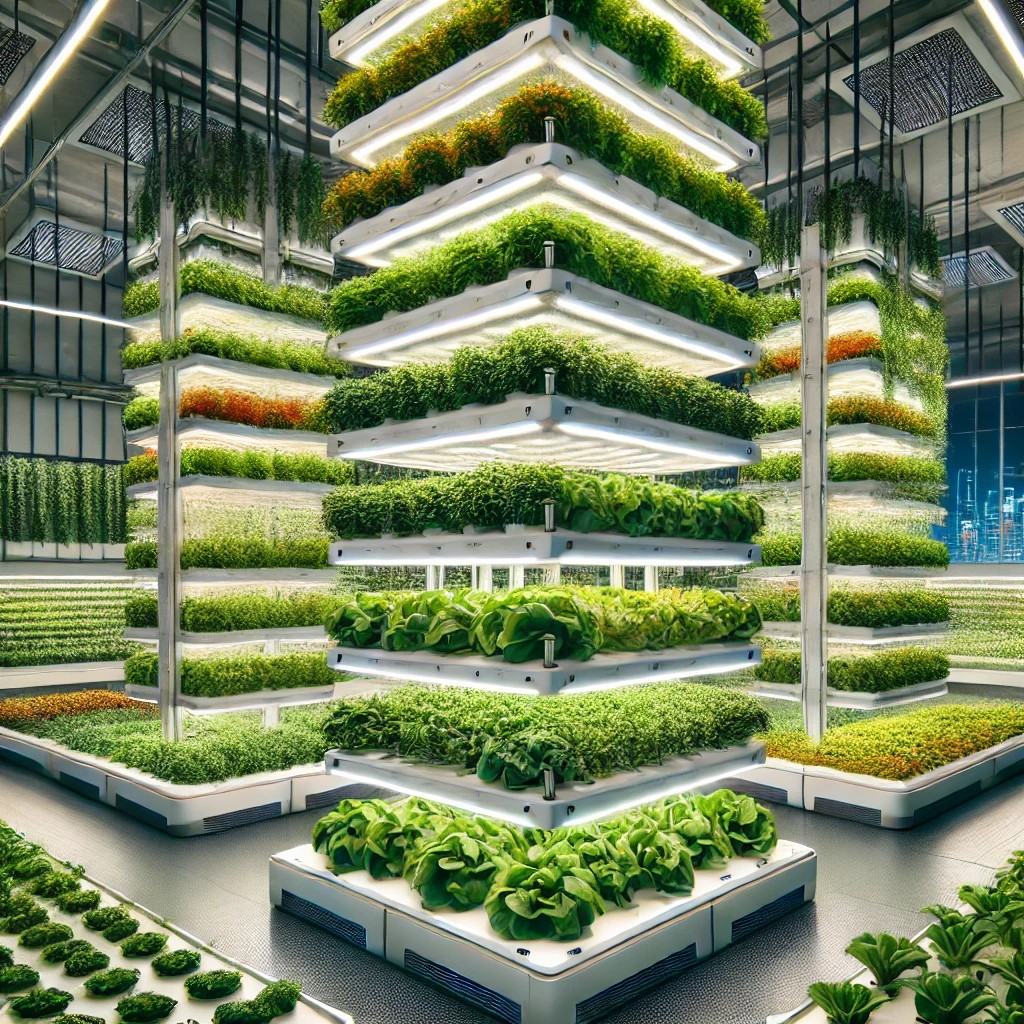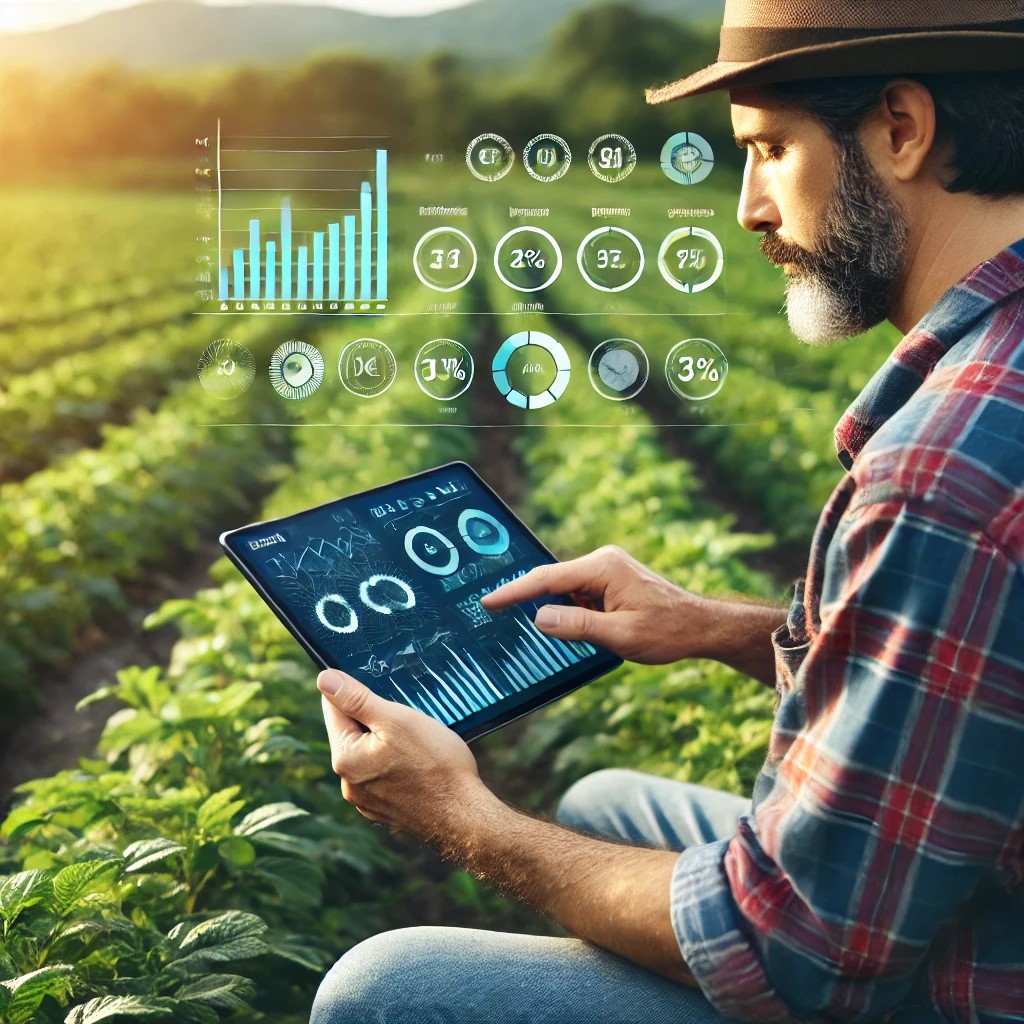The Future of Investment in Agribusiness
Agribusiness, the business of agricultural production, is a crucial sector that feeds the world and fuels economies. As the global population continues to grow and climate change impacts food production, investing in agribusiness presents both challenges and opportunities. This article explores current trends and future predictions for investment in agribusiness, highlighting how innovation and sustainability are shaping the future of this vital industry.

Current Trends in Agribusiness Investment
Technological Advancements: The integration of technology in agriculture, often referred to as AgTech, is transforming agribusiness. Precision farming, drones, AI, and IoT are enhancing productivity and efficiency. These technologies enable farmers to monitor crops, optimize resource use, and predict yields more accurately. Investors are increasingly attracted to startups and companies that innovate with AgTech, seeing it as a way to increase returns while supporting sustainable practices.
Sustainability and ESG Investing: Environmental, social, and governance (ESG) criteria are becoming essential considerations for investors. Agribusinesses that prioritize sustainable practices—such as reducing carbon emissions, conserving water, and promoting biodiversity—are attracting more investment. Consumers are demanding more sustainable food sources, and companies that can meet these demands are poised for growth.
Alternative Proteins: The growing interest in plant-based and lab-grown proteins reflects changing consumer preferences toward healthier and more sustainable diets. Companies producing alternative proteins are receiving significant investment as they offer solutions to the environmental and ethical concerns associated with traditional meat production. This trend is likely to continue as technology improves and costs decrease.

Future Predictions for Agribusiness Investment
Increased Focus on Climate-Resilient Agriculture: As climate change impacts agricultural productivity, there will be a heightened focus on climate-resilient crops and farming practices. Investments will flow into research and development of crop varieties that can withstand extreme weather conditions, pests, and diseases. Additionally, investors will support initiatives that promote soil health and water conservation, crucial for long-term agricultural sustainability.
Expansion of Digital Agriculture: The future of agribusiness will be increasingly digital. Data analytics, blockchain, and AI will play significant roles in managing supply chains, ensuring food safety, and enhancing traceability. Blockchain, for example, can provide transparency in the food supply chain, helping to build consumer trust and reduce fraud. Investors will be keen on companies that leverage these digital tools to improve efficiency and accountability in agribusiness.

Agri-Fintech Innovations: Financial technology tailored to agriculture, known as agri-fintech, will revolutionize how farmers access credit, insurance, and markets. Platforms that offer microloans, weather-based insurance, and market data will empower smallholder farmers, improving their productivity and resilience. Investors will likely support these innovations as they address critical gaps in the agricultural value chain.
In conclusion, the future of investment in agribusiness is bright, driven by technological innovation and a strong emphasis on sustainability. As global challenges such as climate change and food security become more pressing, agribusinesses that adapt and innovate will attract significant investment. By focusing on sustainable practices, leveraging digital tools, and fostering global collaboration, the agribusiness sector can ensure a prosperous and sustainable future for all.
(Writer:Lany)





